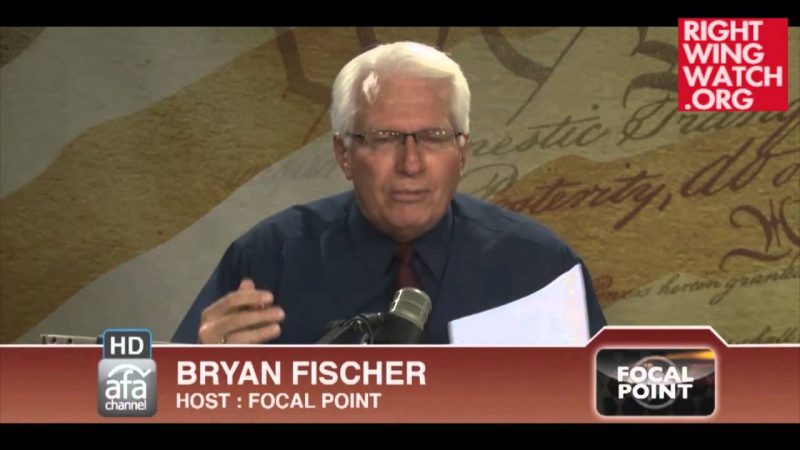Conservative writer Brad O’Leary, who was last seen predicting that the government will try to shutdown Religious Right groups using hate crime laws, appeared on Phyllis Schlafly’s radio show to discuss his book America’s War on Christianity.
Schlafly: What inspired you to write this book, Brad?
O’Leary: The President. When he was in a Muslim country and made a public statement saying that America is not a Christian nation. I thought it was a ludicrous, un-inspirational statement to pander to the Muslim, Middle East. And, so I started putting together all the things that are happening around the country to justify what he wants to do. I guess his goal is to replace the power of God with the power of government.
O’Leary appears to be referring to Obama’s speech in Turkey, where he claimed that “one of the great strengths of the United States is — although as I mentioned, we have a very large Christian population, we do not consider ourselves a Christian nation or a Jewish nation or a Muslim nation; we consider ourselves a nation of citizens who are bound by ideals and a set of values.”
Naturally, this unleashed a firestorm in the conservative echo-chamber, and Religious Right groups have pointed to it as proof of Obama’s supposedly anti-Christian tack in government.
But O’Leary may just as easily have referred to the Treaty of Tripoli, the treated between the United States and Algiers negotiated under President George Washington, ratified unanimously by the Senate, and signed by President John Adams. Article XI of the Treaty reads:
As the Government of the United States of America is not, in any sense, founded on the Christian religion; as it has in itself no character of enmity against the laws, religion, or tranquility, of Mussulmen; and, as the said States never entered into any war, or act of hostility against any Mahometan nation, it is declared by the parties, that no pretext arising from religious opinions, shall ever produce an interruption of the harmony existing between the two countries.
Alternatively, O’Leary could have found George Washington’s letter to the Jewish community of Newport, Rhode Island, problematic too:
All possess alike liberty of conscience and immunities of citizenship. It is now no more that toleration is spoken of as if it were the indulgence of one class of people that another enjoyed the exercise of their inherent natural rights, for, happily, the Government of the United States, which gives to bigotry no sanction, to persecution no assistance, requires only that they who live under its protection should demean themselves as good citizens in giving it on all occasions their effectual support … May the children of the stock of Abraham who dwell in this land continue to merit and enjoy the good will of the other inhabitants — while every one shall sit in safety under his own vine and fig tree and there shall be none to make him afraid.








.png)